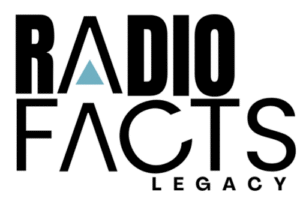DL talks about how police officers stood in the hallway while children were being killed in the Uvalde incident. He says if these kinds of guns can be sold to teenagers who can’t rent a car then the police should know what they signed up for and take charge in situations like these.
DL complains about the police not wanting to discuss the situation when being questioned as to why they stood in the hallway instead of taking action. DL is asking are we setting ourselves up for the next massacre by our lack of response.

